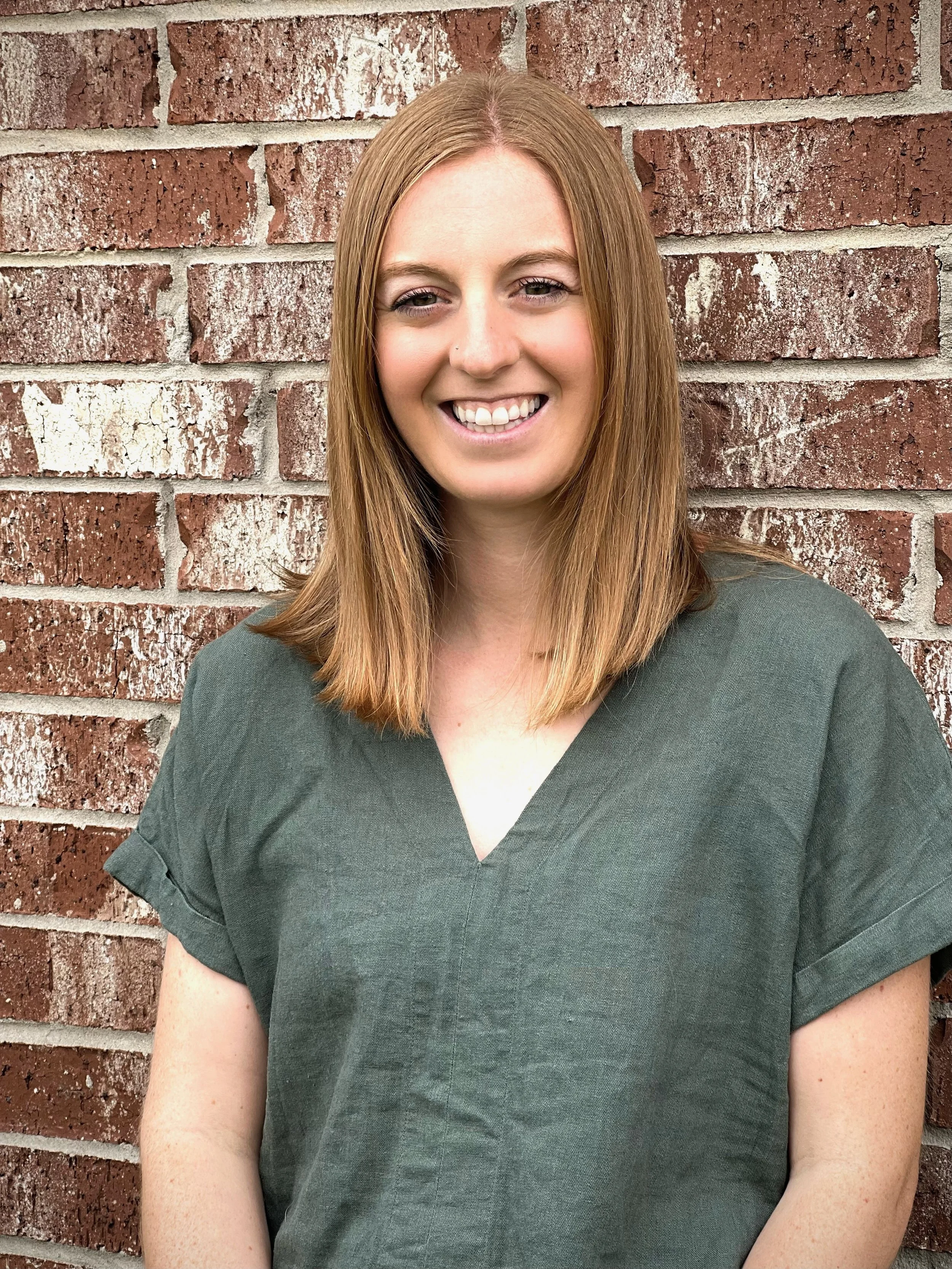Dietitian Casey Bonano & Mckayla Mazziotti Featured in College gym news Article on eating disorders in the sport of gymnastics
Registered dietitian, eating disorder expert, and owner of Dallas Nutritional Counseling, Casey Bonano RD, LD, CEDS-C, as well as sports dietitian McKayla Mazziotti MS, RD, LD were recently interviewed by journalist Jenny Jordan Streeter discussing the prevalence of eating disorders in the sport of gymnastics
CHasing Perfection: The highs and lows of competitive gymnastics
The article discusses the the world of competitive gymnastics specifically at the collegian level and the prevalence of disordered eating and eating disorders among athletes. The article also looks at the positive and negative impact social media is having on the sport. Read the full article below.
quotes from the chasing perfection
“The Dallas Nutritional Counseling Center sees between 3,000-4,000 hours worth of patient appointments on a yearly basis. Of those patients, 50% are current or former athletes. Of those 50%, roughly 10% are current or former gymnasts.”
“I bet that number is actually much higher, because I guarantee there’s gymnasts that aren’t reporting it. I think anyone, especially athletes in general, probably report it less. And I do think those numbers are getting better because we’re having dieticians as a part of various teams. So I think we’re catching it. But, in a sport like gymnastics, if you have a coach that’s weighing you, you’re probably not going to report your eating disorder.”
“McKayla Mazziotti, MS, RD, LD, a sports dietician specialist at Dallas Nutritional Counseling said sports like gymnastics often see a rise in eating disorders depending on how often athletes are being weighed in a public space by coaches.”
“I’m very much against weekly weigh-ins,” Mazziotti said. “Because again, that athlete will, more often than not, just starve themselves to make that weigh-in and then that energy level is what their training is going to look like that day.”
If you or someone you know is struggling with an eating disorder or disordered eating behaviors and want to work with one of our dietitians please reach out to our office.









Congratulations to our owner Casey Bonano RD, LD, CEDS-C for being selected to present at the national iaedp Symposium this coming spring in Baltimore, Maryland.